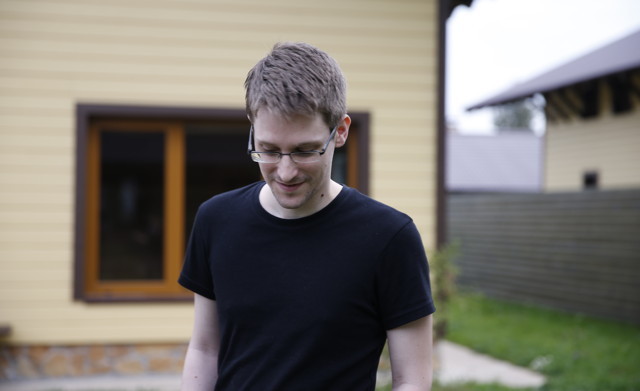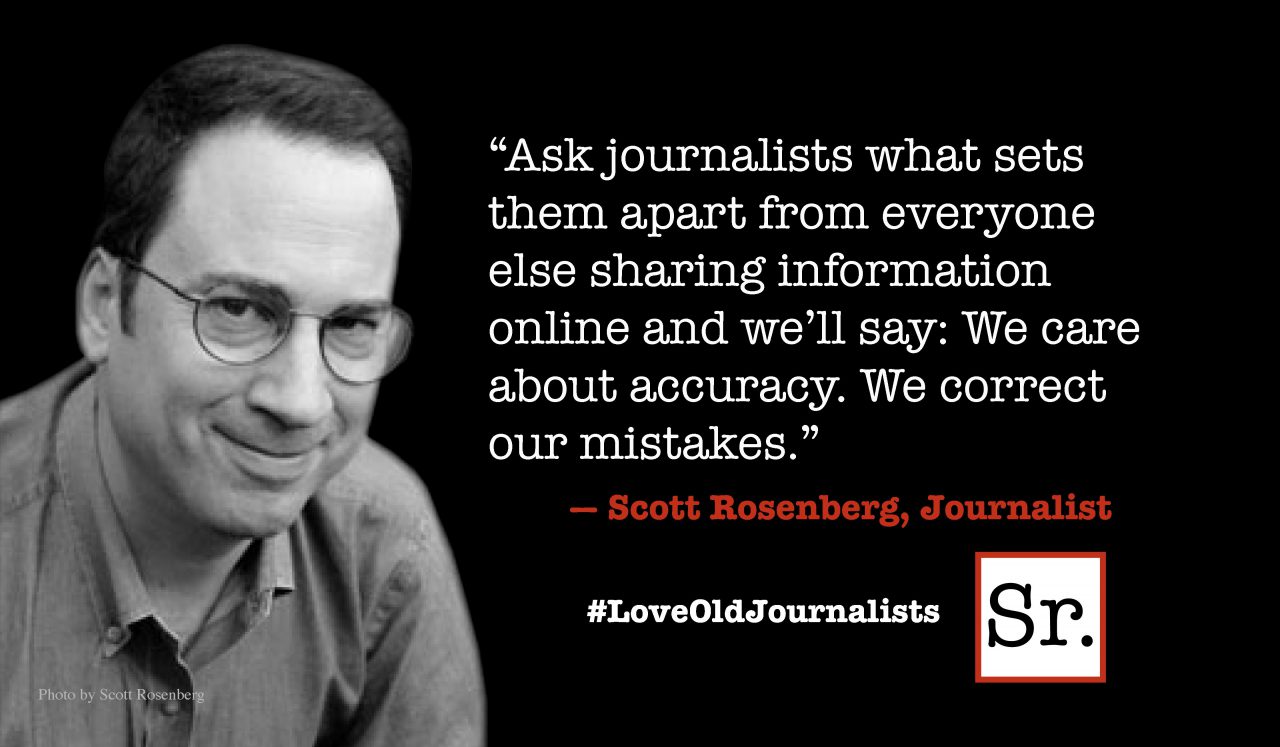By now we have absorbed the knowledge that our government is — through mass data collection programs — spying on each and every one of us. We’ve numbed the shock with grim jokes.
“Citizenfour,” though, reignites the outrage. Laura Poitras’ spellbinding documentary takes us back a year to the beginning of the Edward Snowden controversy and places us at the heart of the situation.
In January 2013 Poitras — maker of “My Country, My Country” (about the 2005 elections in Iraq) and the 2010 war-on-terror doc “The Oath” — began receiving emails from a mysterious individual identified only as “Citizenfour.” After establishing a variety of cryptographic and security protocols, Citizenfour announced he had a treasure trove of top secret government information depicting “the greatest system for oppression in the history of man.”
Citizenfour was, of course, NSA computer expert Edward Snowden, who told Poitras that “my personal desire is that you paint the target on my back.”
By June the 29-year-old was holed up in a Hong Kong hotel. Joining him was Poitras and Guardian reporters Glenn Greenwald and Ewan MacAskill, well known for their stories piercing the veil of government secrecy.
As the journalists interviewed Snowden over several days, Poitras (who goes unseen) kept her cameras running. The resulting film is like eavesdropping on secret history.
Like just about everyone else, I wondered about Snowden’s motives in amassing and then releasing all this secret information.
Is he a megalomaniac? A head case? An America-hating traitor?
After watching “Citizenfour” I’m calling him a hero.
The young man we see in this footage is incredibly smart, sincere and amazingly calm in the face of the uproar he’s about to launch. His attitude isn’t particularly emotional… he clearly has decided what he must do and is willing to face the consequences.
He believes Americans need to know that their government is engaged in such intensive surveillance of its own citizens that we now must assume that our every email, cell phone call, Internet search and text transmission is being tracked by our government.
“It’s not science fiction,” he tells the journalists. “This stuff is happening right now.”
The Snowden we see here doesn’t appear to have a Messiah complex. He says he doesn’t want to go to jail, but insists that “I’m more willing to risk imprisonment than risk my intellectual freedom.”
He reveals that he has broken all ties with his family and abandoned his girlfriend so as not to implicate them in his activities.
“Citizenfour” follows the initial publication of devastating revelations from Snowden’s files, the ensuing uproar, and the show of embarassment/outrage on the part of high government officials. Snowden attempts to lay low. Several other journalists track him down, but, curiously, no cops break down the door. Snowden believes it’s not a matter of if but when.
Poitras begins the film with Congressional testimony from intelligence community leaders in which they flatly deny the sort of metadata collecting that Snowden’s revelations would confirm. They lied to Congress. They lied to all of us.
Get used to it.









